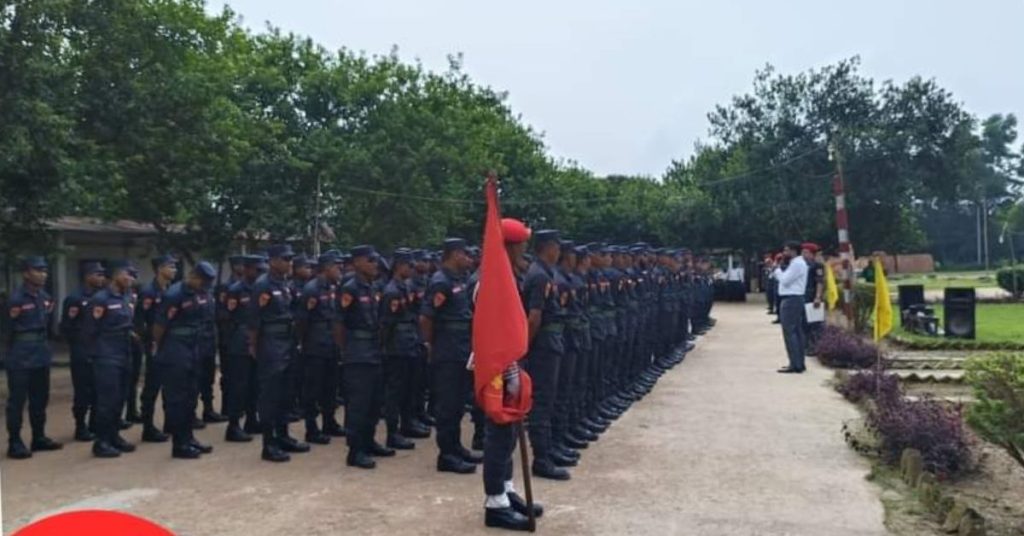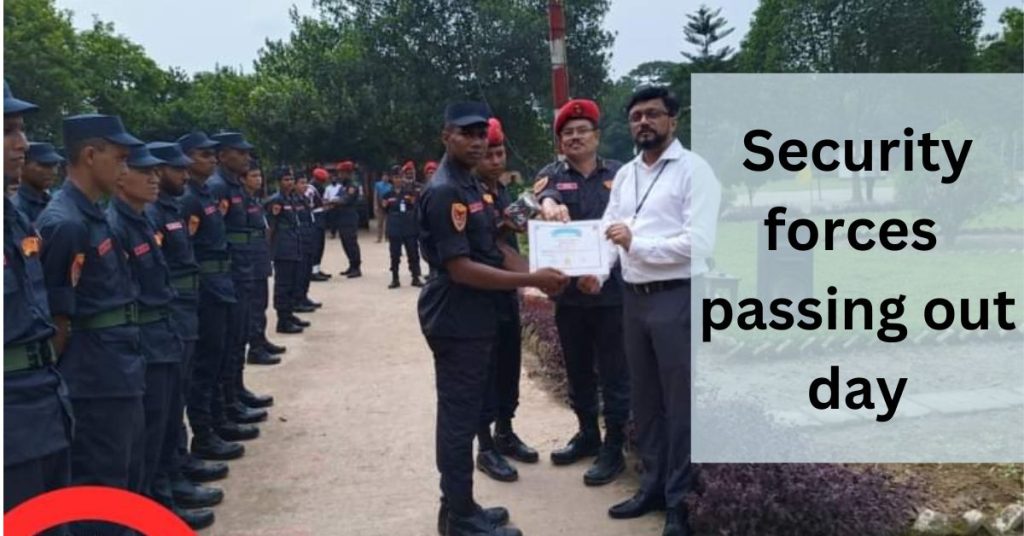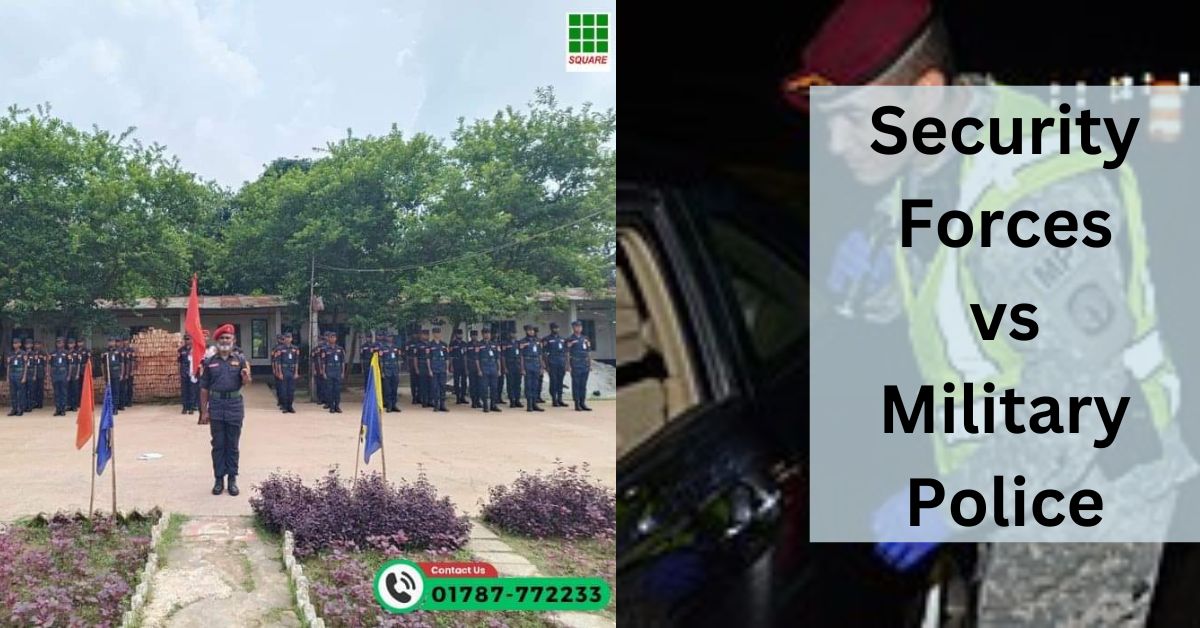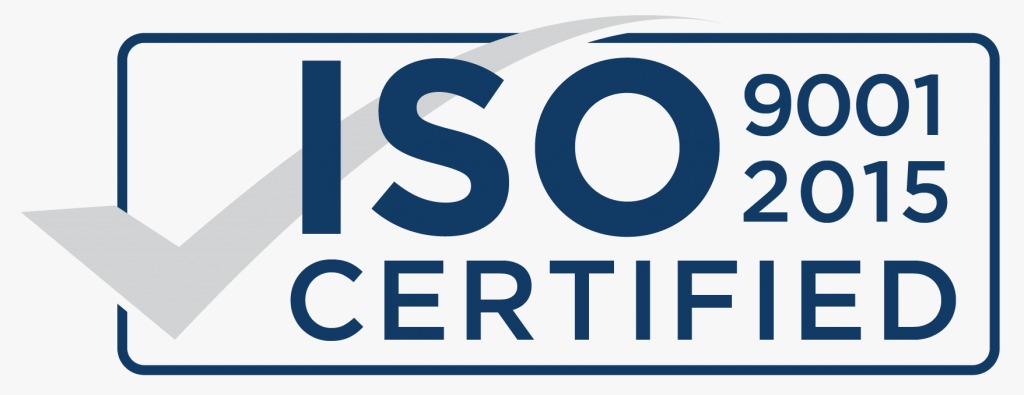In the realm of law enforcement and maintaining public order, two distinct entities often come to the forefront: security forces vs military police. While their primary objectives might seem similar at first glance, these two entities have different roles, responsibilities, and operational scopes.
In this blog post, we’ll delve into the differences between security forces and military police, highlighting their unique functions and contributions.
Table of Contents
What is Security Force
Security forces or security guard is a person who is responsible for securing the perimeter. Usually, the authority assigns a person or particular group to maintain law and order on the perspective industry or premise. Additionally, a security person’s primary delegation matters are protecting life and property, preventing and investigating crime, responding to emergencies, etc. Moreover, from the requirement of the government side, a security person deals with critical infrastructure and government facilities safety.
What is Military Police
Military police (MPs) are personnel responsible for maintaining law and order within the armed forces. They also protect military facilities and personnel from crime and terrorism.
MPs perform a variety of duties, including: Patrolling military bases and installations Investigating crimes committed by military personnel Enforcing traffic laws Providing security for military events and dignitaries Responding to emergencies
MPs are typically trained in law enforcement, military tactics, and firearms handling. They are also equipped with various weapons and equipment, including handguns, rifles, and body armor.
MPs play an important role in maintaining the discipline and order of the armed forces. They also help to protect military personnel and facilities from crime and terrorism.

Differences: Security Forces vs Military Police
- Roles and Objectives
Security Forces: Security forces are primarily responsible for safeguarding and protecting assets, facilities, and personnel within a specific organization or establishment. These can range from private companies and government agencies to educational institutions and residential complexes. Their primary focus is on preventing unauthorized access, responding to security breaches, conducting patrols, and implementing security protocols to ensure the safety of people and property.
Military Police: Military police, on the other hand, are a branch of a country’s armed forces with the crucial role of maintaining discipline, order, and law enforcement within the military itself. Their responsibilities encompass various areas such as enforcing military regulations, investigating crimes committed by military personnel, and providing security in military installations and operations.
- Operational Environment
Security Forces: Security forces operate in civilian environments such as corporate offices, shopping malls, airports, and government buildings. They deal with a diverse range of security concerns, including theft, vandalism, trespassing, and emergency response coordination. These forces work closely with private and public entities to ensure the security and safety of their premises and the people within them.
Military Police: Military police operate within the context of a military environment. This includes military bases, war zones, and areas where military operations are ongoing. They play a pivotal role in maintaining discipline and order among soldiers, conducting investigations into military-related crimes, and ensuring the security of military installations, convoys, and other activities.
- Jurisdiction and Authority
Security Forces: The jurisdiction of security forces is often limited to the area or property they are assigned to protect. They have the authority to enforce the specific rules and regulations of the organization or establishment they serve. However, their authority generally doesn’t extend beyond the boundaries of their designated jurisdiction.
Military Police: Military police have authority over military personnel and activities, both within military installations and during military operations. Their jurisdiction can span across different geographic regions, especially in times of conflict. They possess the authority to enforce military law, detain military personnel, and ensure compliance with military regulations.
- Training and Skillset
Security Forces: Security forces personnel undergo training that equips them with skills such as surveillance, access control, emergency response, and conflict resolution. They focus on understanding security systems, protocols, and technologies to effectively safeguard the premises they’re responsible for.
Military Police: Military police receive specialized training that encompasses military law, combat tactics, criminal investigation techniques, and maintaining order in high-stress situations. Their training also prepares them to handle various scenarios unique to the military environment, such as handling detainees during armed conflicts.

Is the security force the same as the military police?
Security forces and military police are similar in many ways, but they are not the same thing.
Security forces are a broad term that can refer to any type of organization that is responsible for security, including private security companies, government agencies, and military units. Military police, on the other hand, are a specific type of security force that is part of the armed forces.
Cantonment authority engages military police for law enforcement, security, and public safety within the military. Besides, they also perform a variety of duties, including: Conducting patrols and investigations inside military base and outside(if required), Enforcing traffic laws, Responding to emergencies, Protecting military personnel and property, Providing security for military bases and other installations.Summary
In conclusion, security forces and military police serve distinct yet critical roles in maintaining security and order. Security forces primarily protect civilian assets and people, while military police focus on upholding discipline and law enforcement within the military ranks. Understanding the differences between these entities helps highlight the diversity of responsibilities and challenges they face, ultimately contributing to a safer and more secure society as a whole.








Leave A Comment